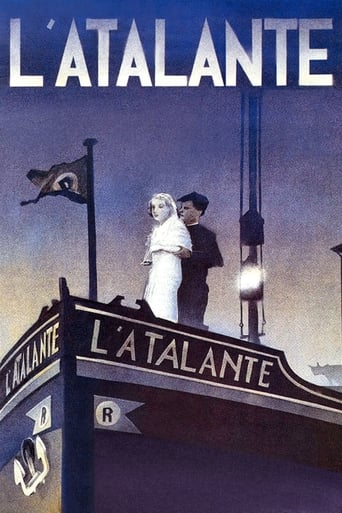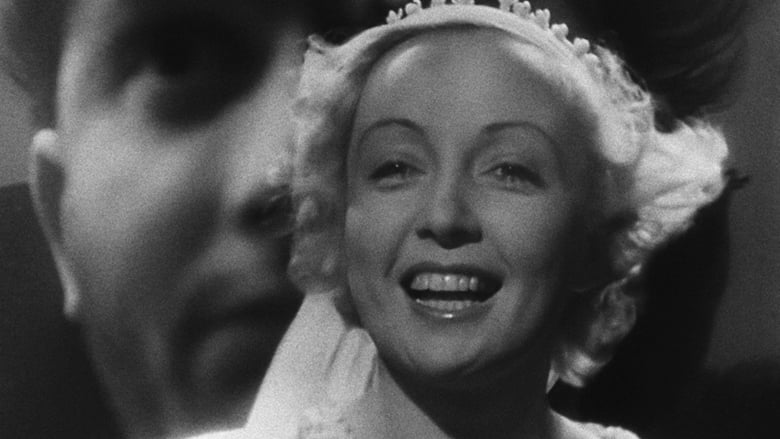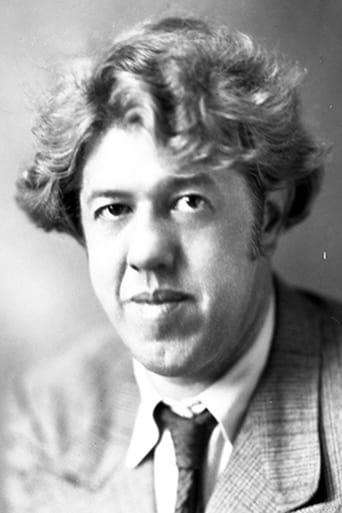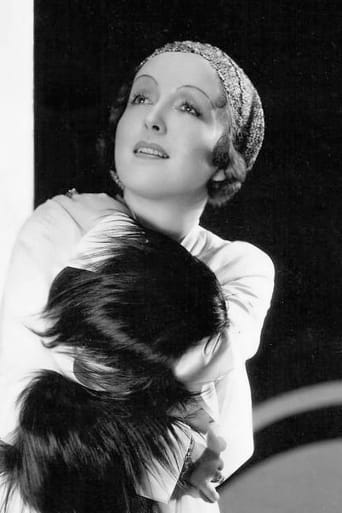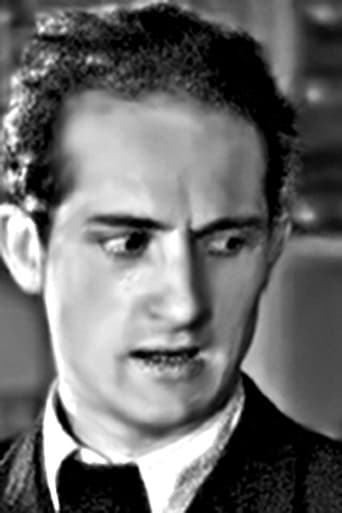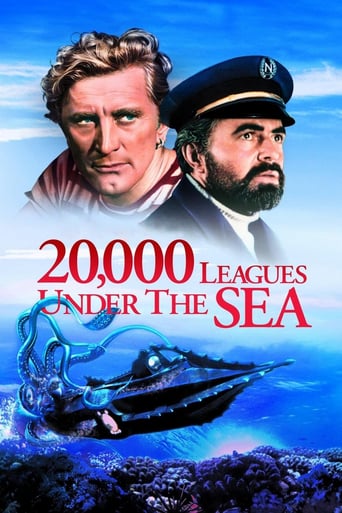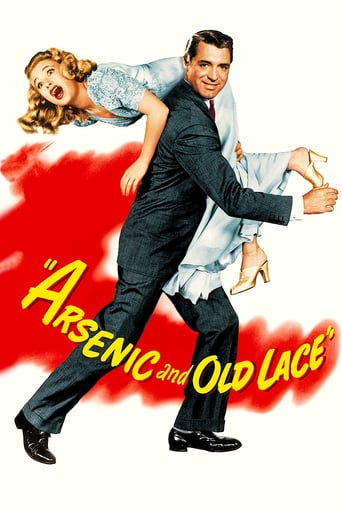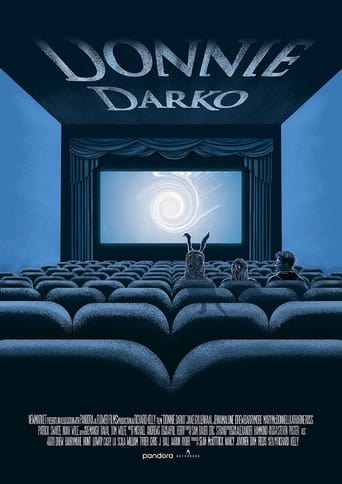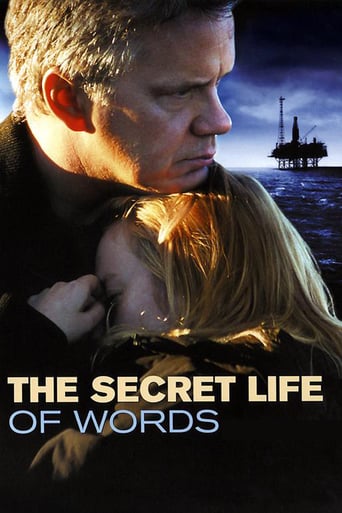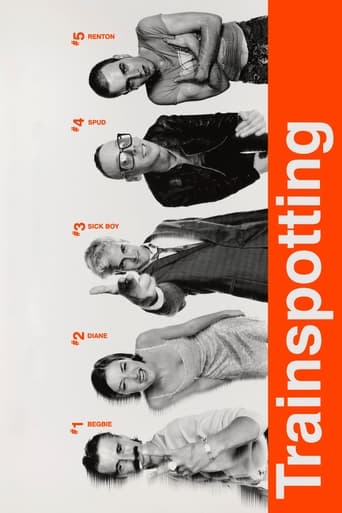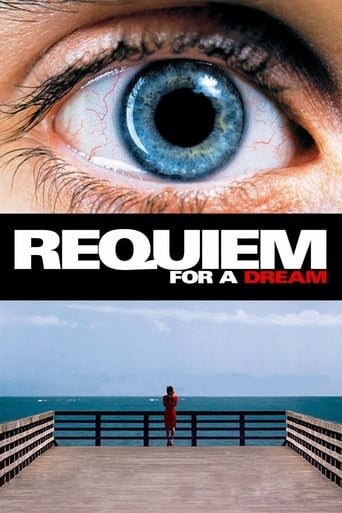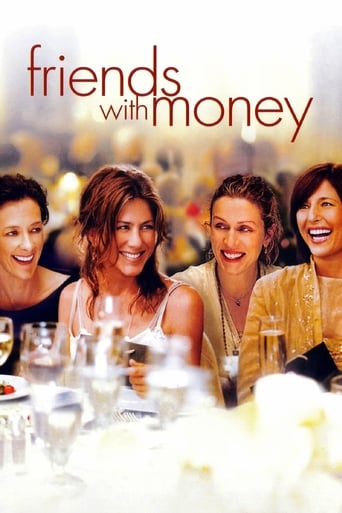L'Atalante (1934)
Capricious small-town girl Juliette and barge captain Jean marry after a whirlwind courtship, and she comes to live aboard his boat, L'Atalante. As they make their way down the Seine, Jean grows weary of Juliette's flirtations with his all-male crew, and Juliette longs to escape the monotony of the boat and experience the excitement of a big city. When she steals away to Paris by herself, her husband begins to think their marriage was a mistake.
Watch Trailer
Cast


Similar titles
Reviews
So much average
The joyful confection is coated in a sparkly gloss, bright enough to gleam from the darkest, most cynical corners.
what a terribly boring film. I'm sorry but this is absolutely not deserving of best picture and will be forgotten quickly. Entertaining and engaging cinema? No. Nothing performances with flat faces and mistaking silence for subtlety.
The film's masterful storytelling did its job. The message was clear. No need to overdo.
I don't have much to say about this film other than the fact that at 25 minutes in, I was considering shutting it off, but I decided to finish it because I didn't have anything else to do. I'm very glad I finished it. It was charming for reasons that I can't put into words.
Forget that this shows up in magazine polls as among the ten or twenty best ever, that might set it up as something it's not and then we should be able to know for ourselves about the things we watch, develop an eye that effortlessly knows each thing in itself.Concessions about what it's not, I didn't know all this myself, so let me quote some trivia. It was made in less than ideal conditions, by a filmmaker whose health had taken a turn for the worse (the tuberculosis that would claim him soon after), money run out at some point and they had to improvise stretches. The finishing shots were picked up without Vigo and it was probably edited without him. Much like studio abuse heaped on Welles, it opened in truncated form, with another title tacked on by producers, got a lukewarm response and wasn't going to be rediscovered until much later. The restored version comes to us from as late as the 90s; it's moot to say how authorial it is.And then to say that, far from an ideal project for Vigo, something he conceived from the start, it was a script about romance on a barge that came his way after producers had balked on something else he wanted to make, political. I have Vigo in my mind as someone who was fervent, eager to shuffle things and challenge norms, but alas, he would be gone within a year. Had he really been allowed to flourish and we had the luxury of a dozen films to evaluate, we might be looking back at this as something else.We still have all that he captured on his last turn, the lovely journey, and even better so far as knowing him, the vision. The journey has something immensely affirming about it, in how a girl from a small village agrees to marriage with the young captain of a small barge, refusing to settle for the ordinary life; she simply leaps into the boat with one clean swoop and leaves for a journey of horizons. And this is Vigo's own commitment. He enters a story that is not his and sails on a journey of horizons. This is all mirrored in the girl who is so eager to simply take everything in, eager to brush up against everything, fascinated, keen to know. She's a joy to watch.The whole film unfolds as something from her own soul, which is Vigo's. Characters brush up against each other in close quarters. Rooms are always overflowing with stuff, everything feels heaped together. There's a roughneck sailor onboard who has been all over the world, embodying all of Vigo's eagerness to share, now stories about Shanghai, then dance and play the accordion.Zero de Conduite opened with two kids sharing toys with each other on a train, trying to impress and amuse each other. This is about youths sharing themselves with each other on a boat that sails through drab France, trying to find out. There's a lot of hugging and fondling between them with a sense of complete delight at the touch.And this is how Vigo creates. Instead of "scenes" with beginning and end that advance a plot, tentative exploration, our eye rummaging through stuff. It feels like early Cassavetes. He's trying to find out what comes out from hiding.Heartbreak eventually. The boy has grown increasingly controlling, dismayed at her free spiritedness. She wants to see Paris, he won't let her. Watch it to the end, it's lovely. He has dived in the river, looking to see her. She has been wandering alone around Paris. A marvelous scene intercuts between the two alone in separate beds, yearning towards the camera like out of New Wave. So she listens to music that summons up the old storytelling sailor who takes her back to him. God knows what we were deprived of, in my mind even greater works. But I can see why Tarkovsky loved this.
There are startling bursts of imaginative visuals that make you sit up and take notice and they definitely enhance the slight story of the new marriage between a small-town girl and a river barge captain. The visuals make you wonder what kind of filmmaker Jean Vigo would have become before passing at age twenty-nine. Based on the bold long shots of the Seine that both open and close the film (especially the aerial tracking shot at the finale), it almost weirdly feels as if Vigo would feel at home today as an action director along the lines of Ridley Scott or Guillermo del Toro; but it also feels, with his intimate, searching facial close-ups, that he would be just as effective working in the romance genre. Unfortunately, there simply isn't enough story to put Vigo's talents fully to use, though the actors he employs (Dita Parlo and Jean Daste as the newlyweds and, especially, Michel Simon as the first mate) are entertaining. The film, as a whole, though, leaves less an impression of what is than one of what could have been.
There are three main reasons that made me watch this: because it's old, foreign (french, in this case) and because I love ships.Honestly I thought I'd like this movie much better. It just couldn't captivate me. I think that this movie's reputation as one of the all-time greats doesn't justify. Its plot is simple but not especially involving, or maybe it just wasn't properly worked. Basically it's all about a married couple on their honeymoon (or is it bittermoon?) in a boat trip (a boat used to have only men aboard) and very little happens - that is, other than constant conflicts aboard. The majority of characters are not likable, except the cats and the young woman.I didn't like it very much, but François Truffaut did, as did other filmmakers of the French New Wave. They probably took a lesson or two from this to create their own films.A shame that director Jean Vigo died so young (he was 29). Had he lived a longer life and maybe he could have become a big name in the french cinema.

